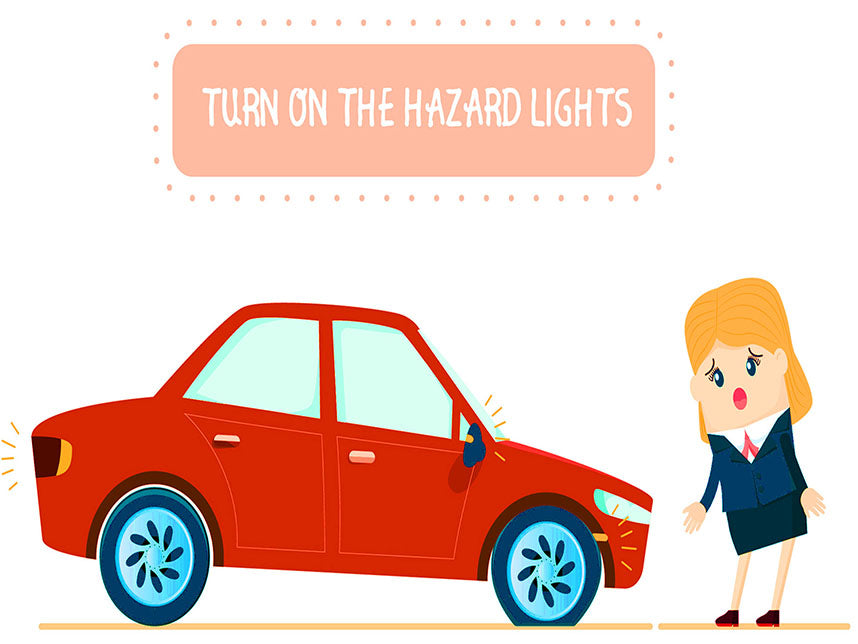What is the best way to jack up your car if you have to change a tire? The manufacturer provides a jack for just such an emergency, but it is only for raising the vehicle to change a tire in an emergency. Don’t even think about using it for anything else! And if you have the option, use a different, better jack for the job.
No matter what jack you are using, you should never trust your life to is, and only get under the car once jack stands are holding it securely. You could receive serious injuries working under the vehicle when using a proper floor jack as the only means of support, and the OEM spare tire jacks fail or allow the car to roll with much more alarming frequency.
Jack up your car safely
Always observe the following precautions when jacking up a vehicle:
- Park the vehicle on stable, level ground and block the wheels.
- Put the transmission in Park (automatic) or leave in gear (manual) and set the parking brake (both).
- Locate and remove the jack, lug wrench and spare tire from the car. If they are not in the trunk, check behind storage panels in the cargo area or under the back seat. Occasionally they are also stored under the hood next to the motor or under, or behind, the front seat of a pickup truck.
- Never work under the car while using the factory spare tire jack.
Changing a tire
Now you have all the tools and the spare tire, it is time to get to work. If this cartoon person can do it, so can you:
Jack the car and remove wheel

Turn hazard lights on for safety

Block wheels and apply brake to prevent rolling

Remove hubcap and loosen lug nuts

Jack the car and remove wheel

- Remove the center cap or wheel cover if needed to expose the lug nuts.
- Break the lug nuts loose before you raise the vehicle.
- Locate the proper lifting point. On most vehicles, it is a notch in the seam that runs under the rocker panel, or lifting pads behind the front wheel opening or in front of the rear wheel . If you can’t locate the factory jacking point, refer to your owner’s manual. Solid axle rear drive vehicles often are lifted by the axle or spring pad on leaf springs.
- Place the jack in position under the vehicle and adjust the height by hand until it fits the notches in the rocker panel flange - or touches the lifting pad - nearest the wheel to be changed.
- Insert the handle and operate the jack with a slow, smooth motion until the wheel is off the ground. Remember to lift it high enough so the inflated spare tire will fit.
- Remove the lug nuts, pull off the wheel, install the spare and thread the lug nuts back on finger tight.
- Tighten them snugly with the wrench in a criss-cross pattern, but wait until the vehicle is lowered to tighten them completely.
- Lower the vehicle and remove the jack.
- Tighten the lug nuts to the in a criss-cross pattern with the lug wrench. It is nearly impossible to over tighten lug nuts by hand, but better for them to be too tight then too loose
- If your vehicle is equipped with a small temporary spare tire, remember that it’s intended only for temporary, lower speed use. If not otherwise marked, do not exceed 50 mph while using the temporary spare.


